🎁 SCREEN PRINTING : Free for all orders over €500 🎁
Last minute? Think gift card - Returns extended from 19.11 to 19.01


Landscape paintings
Filter
70 followers !
293 followers !
15 followers !
BUY A LANDSCAPE PAINTING IN THE US
All our landscape paintings for sale
Landscape painting is a figurative representation of landscapes that may include symbolic or narrative elements. Originating in the Middle Ages, this genre has evolved over the centuries. Explore the diverse approaches from the Renaissance to the 20th century, and learn about the painters who have distinguished themselves in this genre.
This genre, found in Western medieval miniatures, ancient Roman art, Indian painting, and Persian miniatures, can be executed using various techniques, from acrylic to gouache. Discover how to incorporate these artworks into your home decor, learn the best ways and places to display them, and understand why they are a perfect choice for your space.
Choose from our selection of landscape paintings for sale and complete your purchase in a gallery or on our website.
This genre, found in Western medieval miniatures, ancient Roman art, Indian painting, and Persian miniatures, can be executed using various techniques, from acrylic to gouache. Discover how to incorporate these artworks into your home decor, learn the best ways and places to display them, and understand why they are a perfect choice for your space.
Choose from our selection of landscape paintings for sale and complete your purchase in a gallery or on our website.
Read More
HISTORY OF LANDSCAPE PAINTING
2.png)
Landscape painting : Eras and painters
The birth of landscape painting involves a compromise between “in situ” (the attention of the landscape painter) and “in visu” (the vision of the painter). This compromise is slow, complex, and difficult to reconstruct, yet always essential.
Landscape painting has evolved significantly from its medieval roots, where it first explored the notions of space organization and depicted scenes of daily life, such as those found in “The Very Rich Hours of the Duke of Berry”.
The Renaissance marked a turning point as landscapes, primarily featuring religious or mythological subjects, gained prominence.
By the 17th century, despite lacking academic recognition, landscapes were prominent in the works of artists like Rubens and Nicolas Poussin.
The Romantic era in the 19th century brought an emphasis on interior landscapes, influenced by oriental themes.
The late 19th-century Impressionism, led by Claude Monet, revolutionized landscape painting by focusing on light effects and the precise depiction of the natural world. Vincent van Gogh's "Starry Night" reflects his emotional state through vibrant colors and dynamic forms, painted during his time in Arles in 1888.
The 20th century witnessed a transformative wave in landscape painting with the emergence of the Land Art movement, further diversifying the genre's expression. Landscape artists like Edward Hopper portrayed scenes that elicited varied interpretations, while William Turner and Caspar David Friedrich expressed intense emotions through their depictions of natural landscapes.
In the mid-20th century, Nicolas de Staël introduced a new perspective to landscape painting, blending realism with abstract elements, inspired by the landscapes of Sicily.
INCORPORATING LANDSCAPE ART IN HOME DECOR
You might be wondering how to incorporate landscape artwork into your home decor.
Although landscapes are quite traditional and may seem "too old-fashioned," they fit perfectly within contemporary design schemes and other decorative styles. Landscape paintings add warmth, stimulate the imagination, and bring a sense of freedom to a room.
Original landscape paintings can be incorporated into several rooms:
- In the living room, a horizontal landscape painting is ideally placed above a sofa.
- In the dining room, a composition of three or more paintings can be displayed on the wall.
- In the bedroom, placing a landscape above or facing the bed is an excellent idea. Opt for calming colors like variations of greens and blues, and let your imagination do the rest.
How to hang a landscape painting?
When displaying your artwork on a wall, hang it at eye level, which is roughly around 60 inches from the floor (this may vary depending on the average height of the people in the household) and 4 to 6 inches above any furniture.
To diversify and add character to your space, consider using shelves to support the paintings and enhance their visibility. You can also utilize furniture such as desks, fireplace mantels, or bedside tables to showcase your art.
Finally, be mindful of the effects of lighting on your painting, as colors can appear differently under various lighting conditions, potentially altering the impression you intend to convey.
THE LANDSCAPE AS THE MAIN SUBJECT
According to art critics, the Belgian painter Joachim Patinier is the creator of the landscape as a genre. The contemporary artist Dürer defined himself as “the good painter of landscapes”, knowing he was the first whose works designated watercolors and gouaches as landscapes.
In this perspective, the Venice Lagoon painted by Giovanni Bellini combines oil painting with superficial layers of glaze. This technique reduces the emphasis on architecture and focuses on contemporary landscape artwork.
During the Renaissance, many painters expressed urban myths through landscapes. The Florence planning project is a good example, revealing the ideal urban landscape painting. Additionally, the Flemish painting depicts interior scenes through window frames, which later expanded to occupy the entire surface of the canvas, as seen in Giorgione's “The Storm”.
Modern landscape painting offers a multitude of possibilities for artistic expression, ranging from total abstraction to figurative representation. Contemporary artists have rethought the traditional conventions of landscape painting, exploring new techniques.
Today, landscape painting is very popular in wall decor because it brings a touch of nature and serenity to any room. Landscape art paintings can evoke memories of travel, quiet moments in nature, or simply scenes of natural beauty. The vibrant colors and meticulous details of landscape painting create a striking visual effect that can enliven an otherwise monotonous wall.
The different techniques of landscape painting
Landscape painting offers unlimited possibilities and varies according to the period in which it is created.
The artist can opt for a nature painting where he represents nature for what it is. Alternatively, he may choose to paint the landscape as a simple setting, revealing a scene of life.
All the techniques used in painting can be used to paint landscapes. If some come from a tradition, others are quite recent.
- Acrylic paint is one of them and uses pigments associated with synthetic resin. It dries very quickly and thus allows to paint works in a short time.
- Watercolor is a painting technique that uses finely ground pigments mixed with water. The blurred, watery rendering creates steamier, more romantic pictures, exemplified in watercolor landscape paintings.
- Gouache, unlike watercolor, is an opaque and covering water-based paint.
- Oil painting is a technique based on the slow drying of pigments, often resulting in rich, textured landscape oil paintings.
- Dripping is an application technique that relies on "letting it drip".
- Lacquer is a resin derived from latex that forms a protective barrier on the painting as it dries.
The landscape painters at Carré d'artistes
Mountains, cliffs, forests, rivers, fields, the sea, cities, and architecture—all these places have inspired our artists. Each painter has their own technique for landscape painting. Abstract landscape paintings, realistic or impressionist works, and other styles will parade before your eyes.
Alain Héraud is one of those painters who create nature paintings inspired by the sea. His inventive works burst with light and evoke a peaceful atmosphere, conducive to calm and rest. His paintings transport the viewer to imaginary cities or turquoise seas.
The purchase of a landscape painting is not improvised. If you have any questions about our paintings of landscape for sale, our art curators are also available by phone at 04 86 31 85 33 and by videoconference.
PAINTINGS BY STYLE


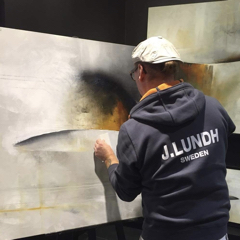

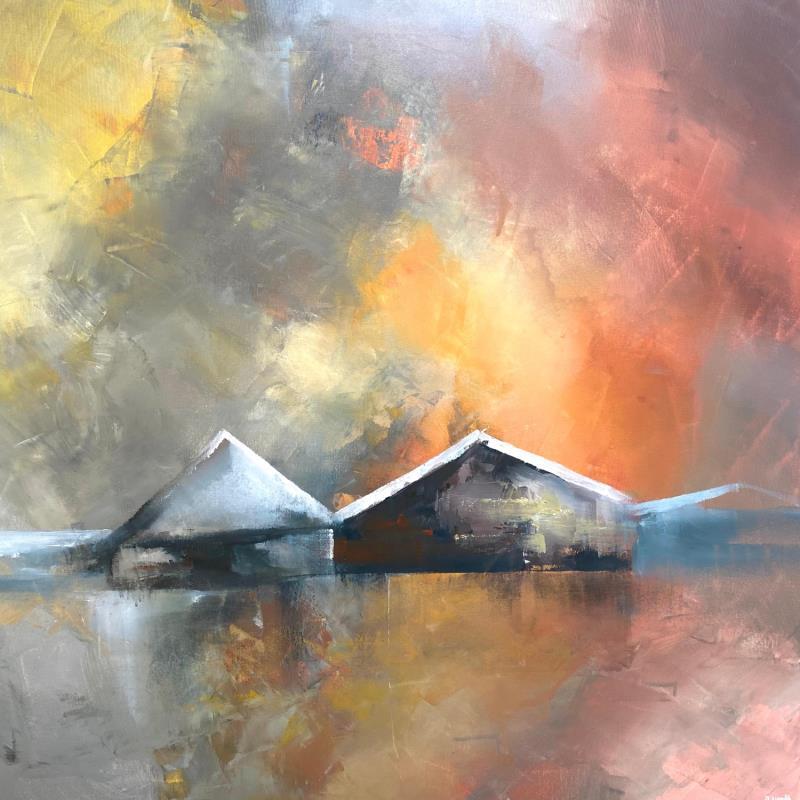

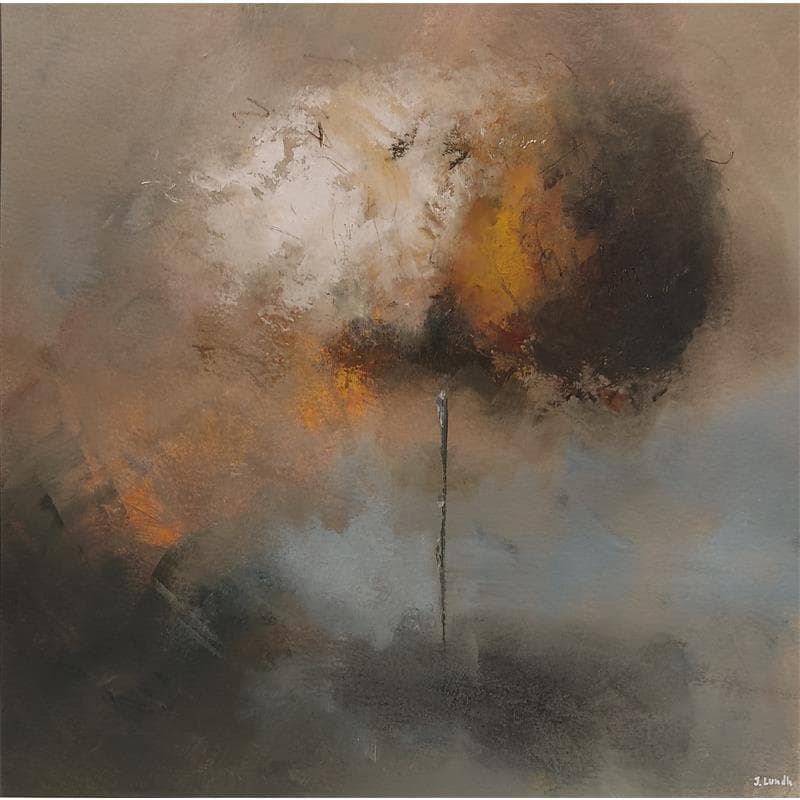
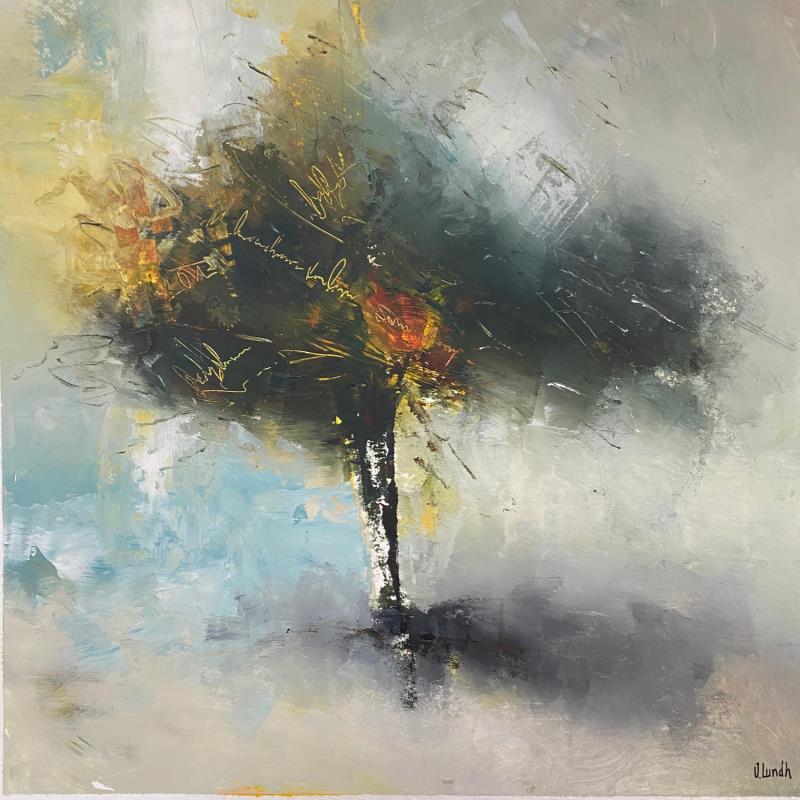


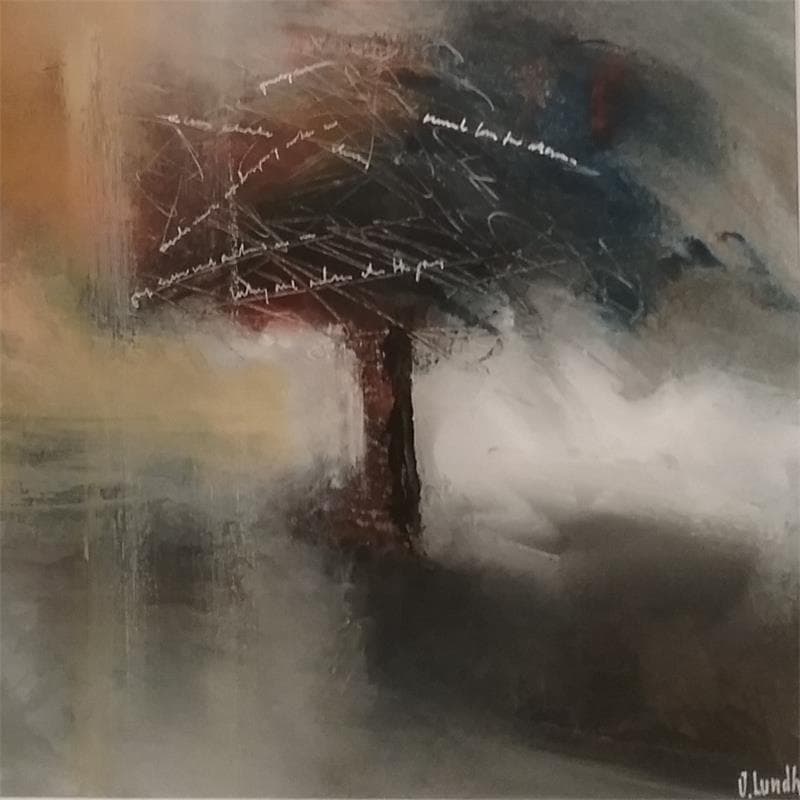
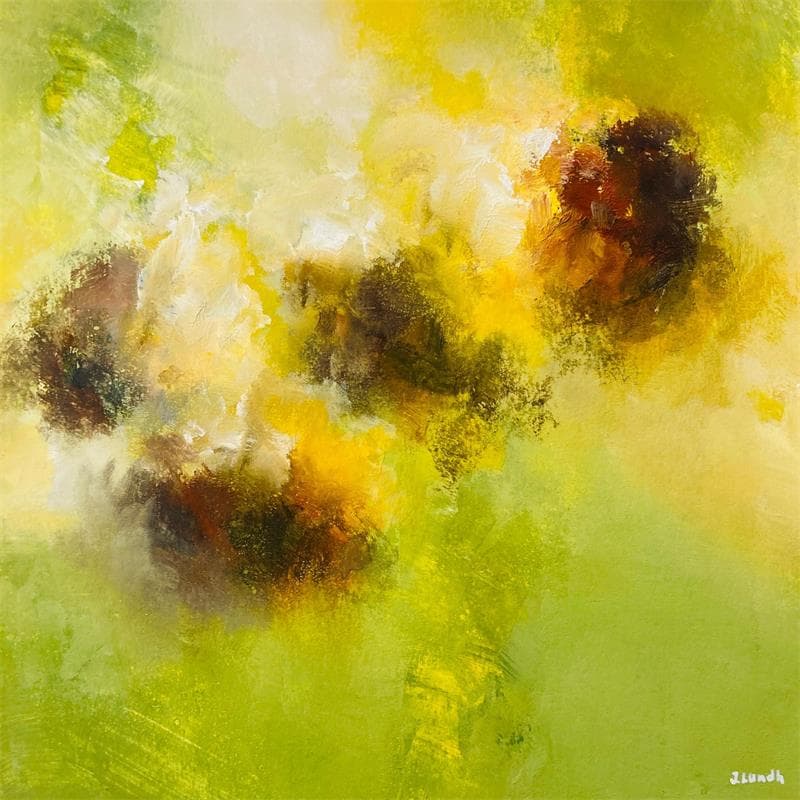
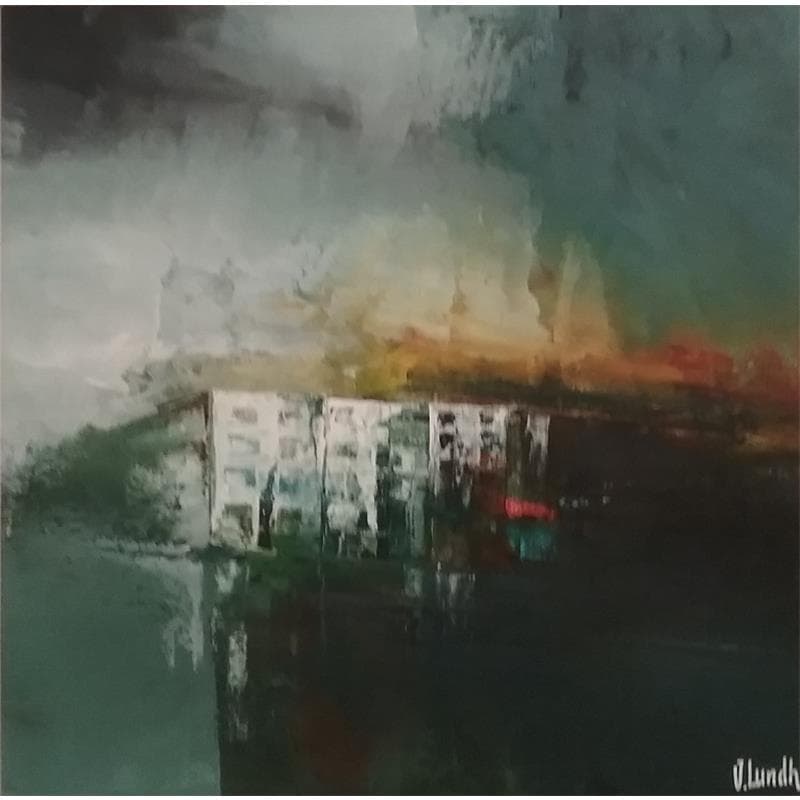
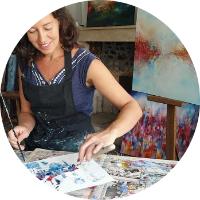
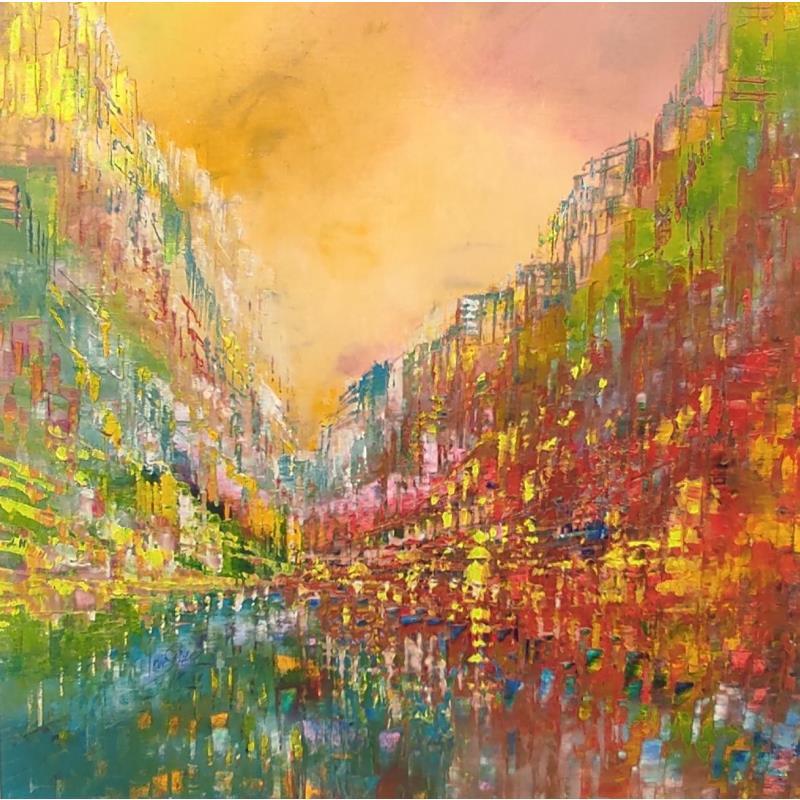
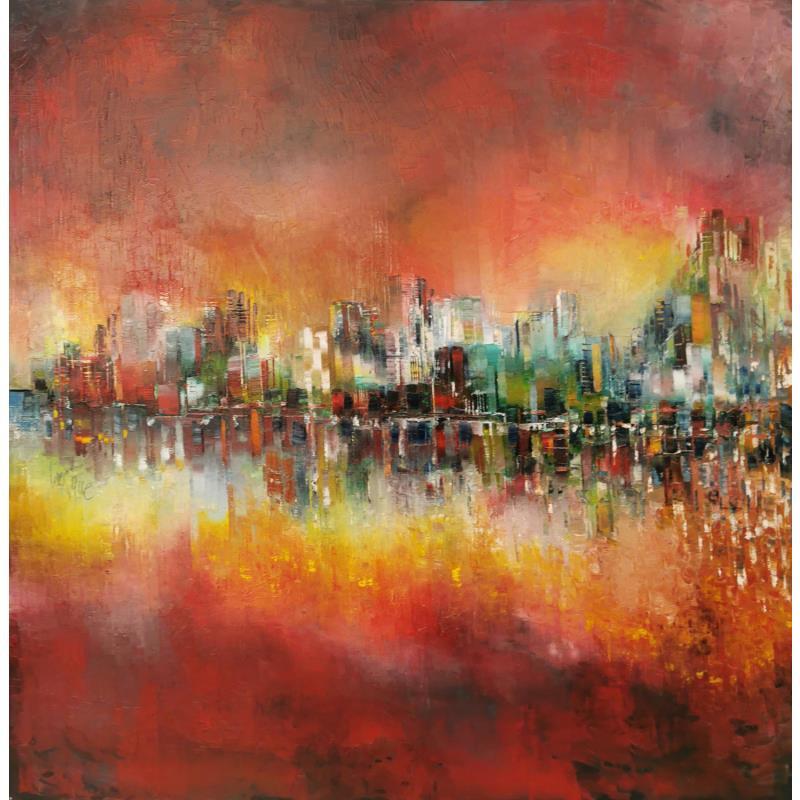
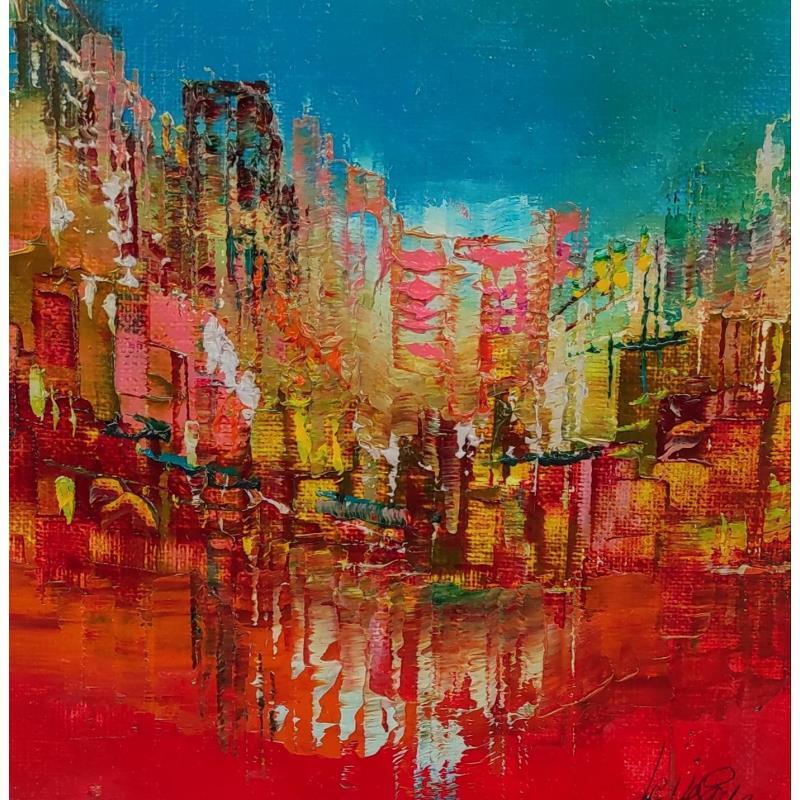
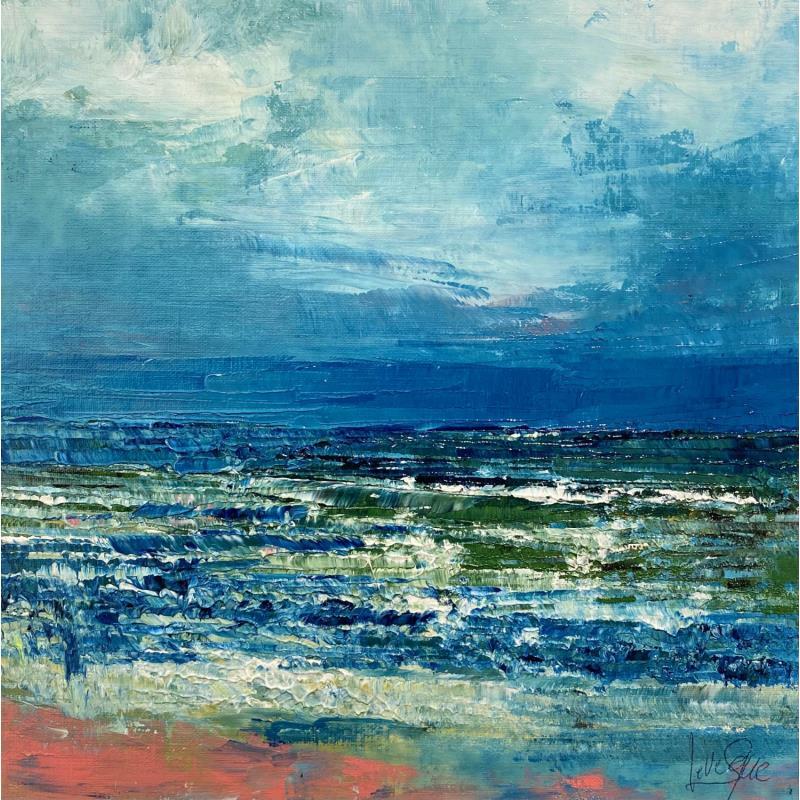
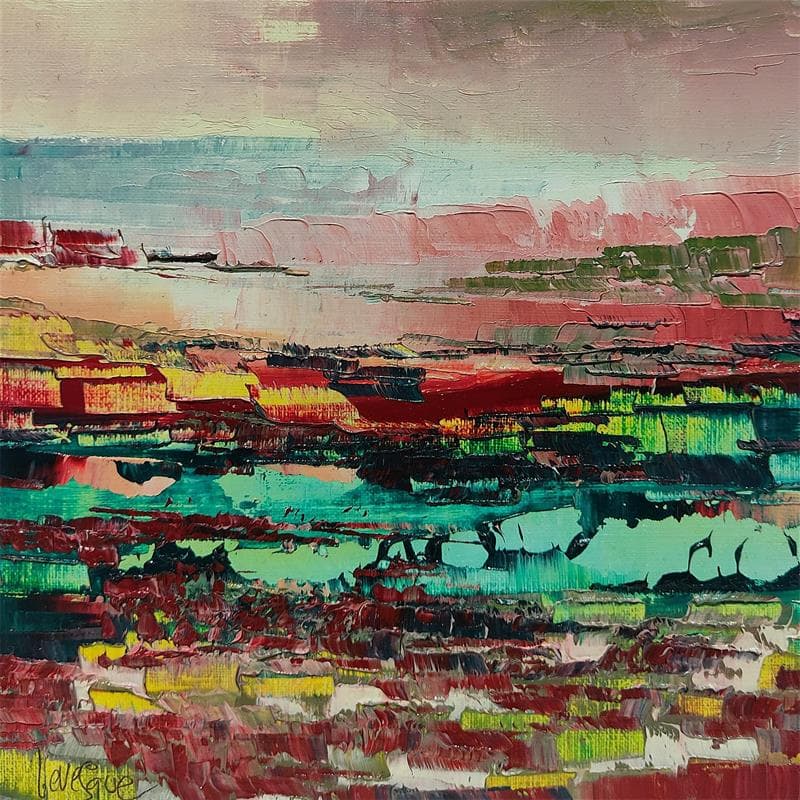
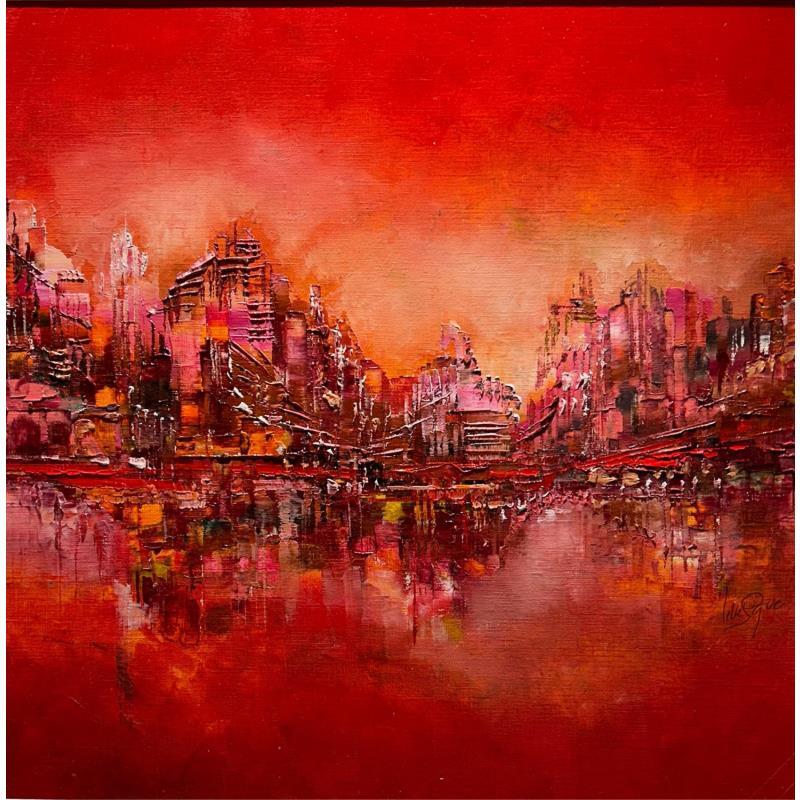
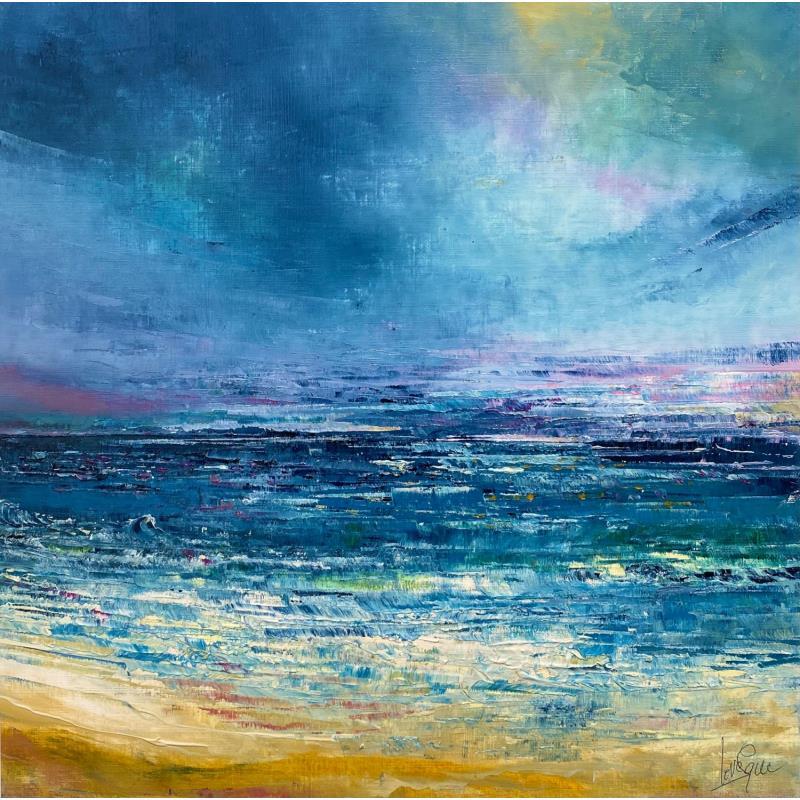
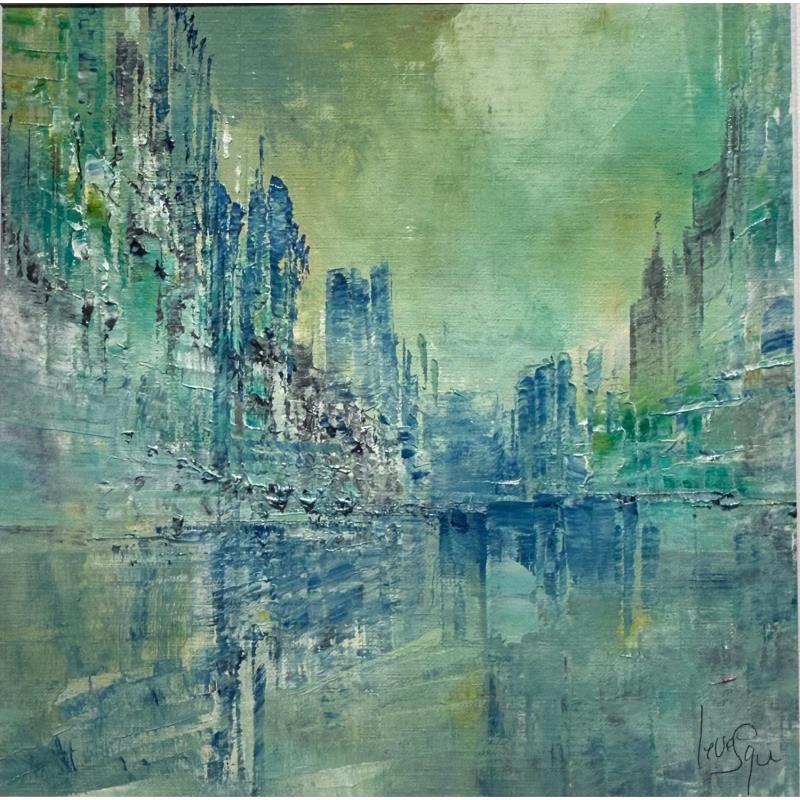

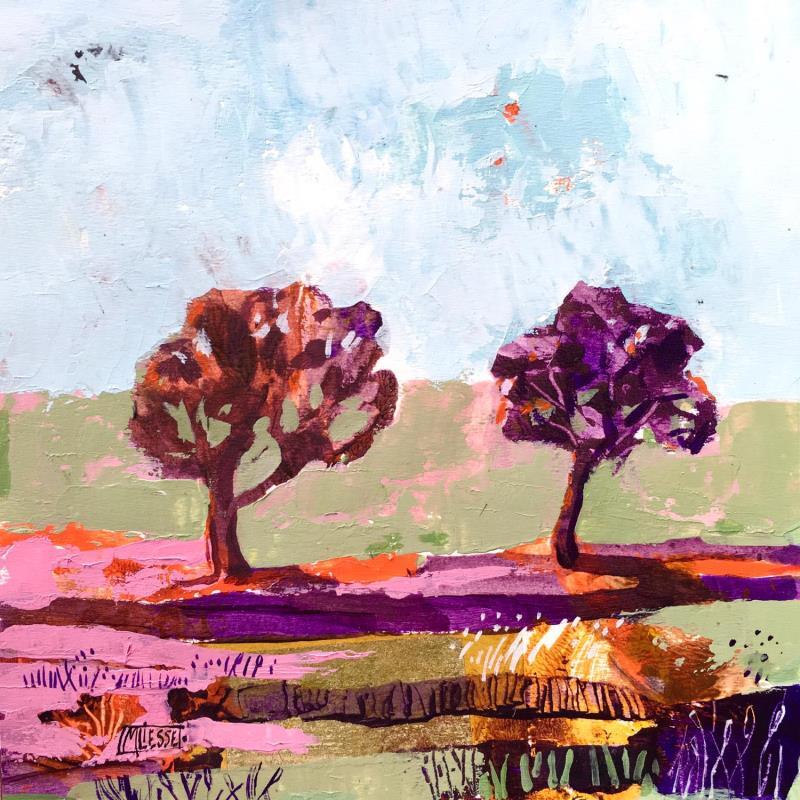
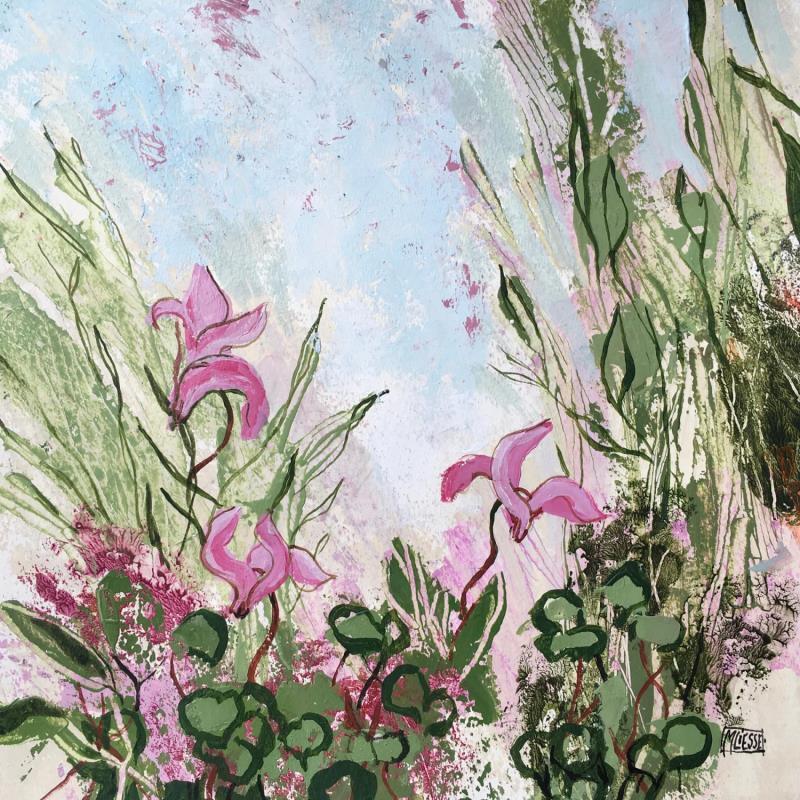
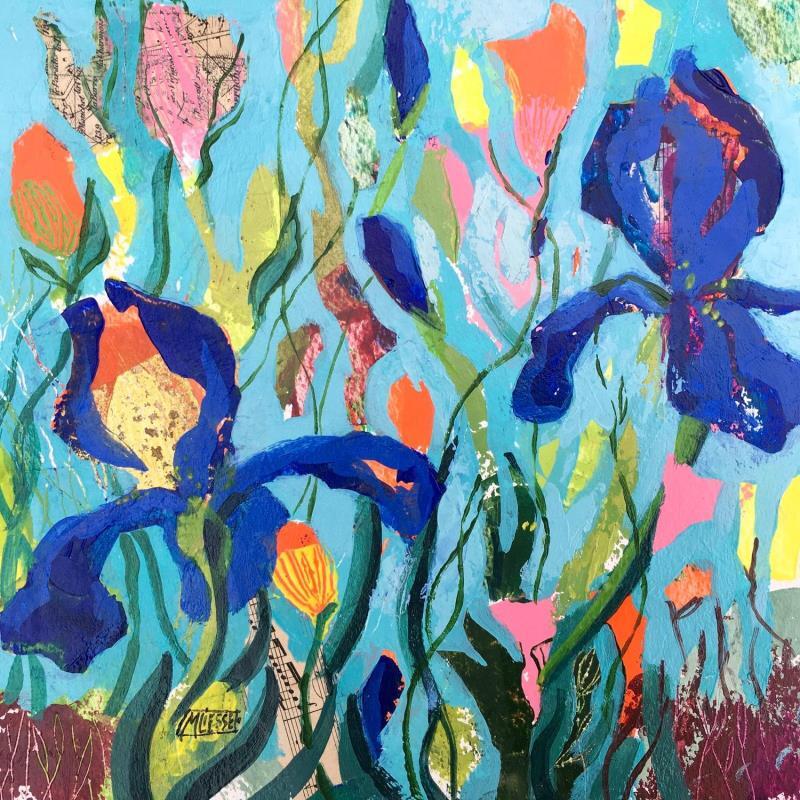

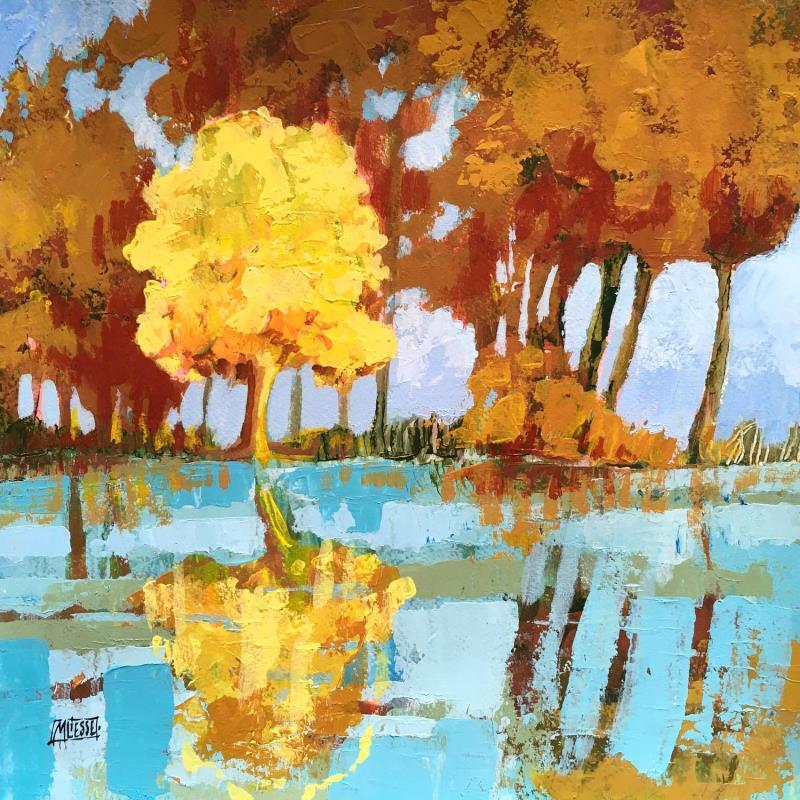
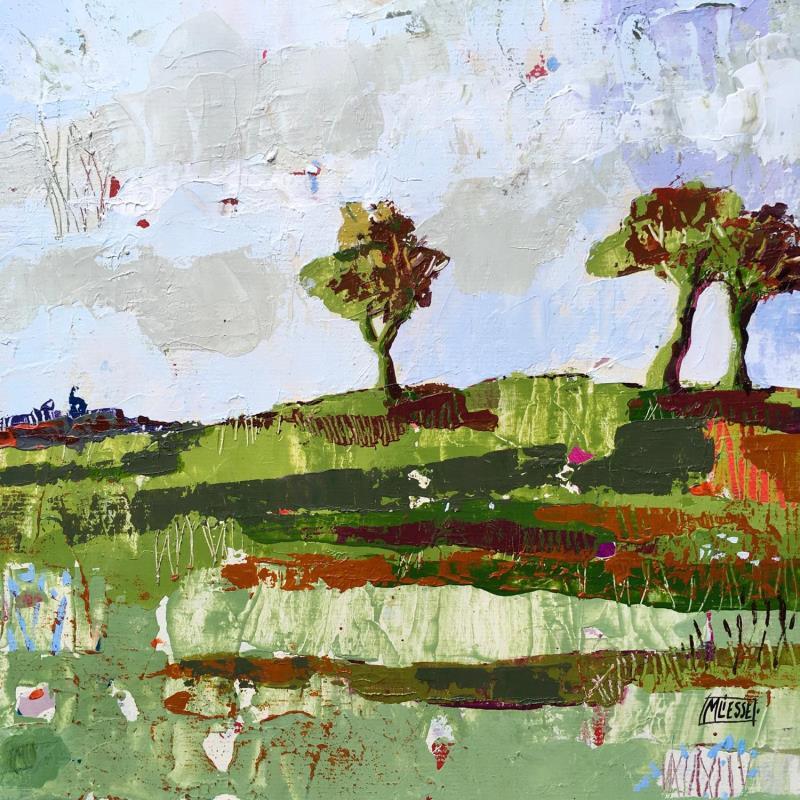
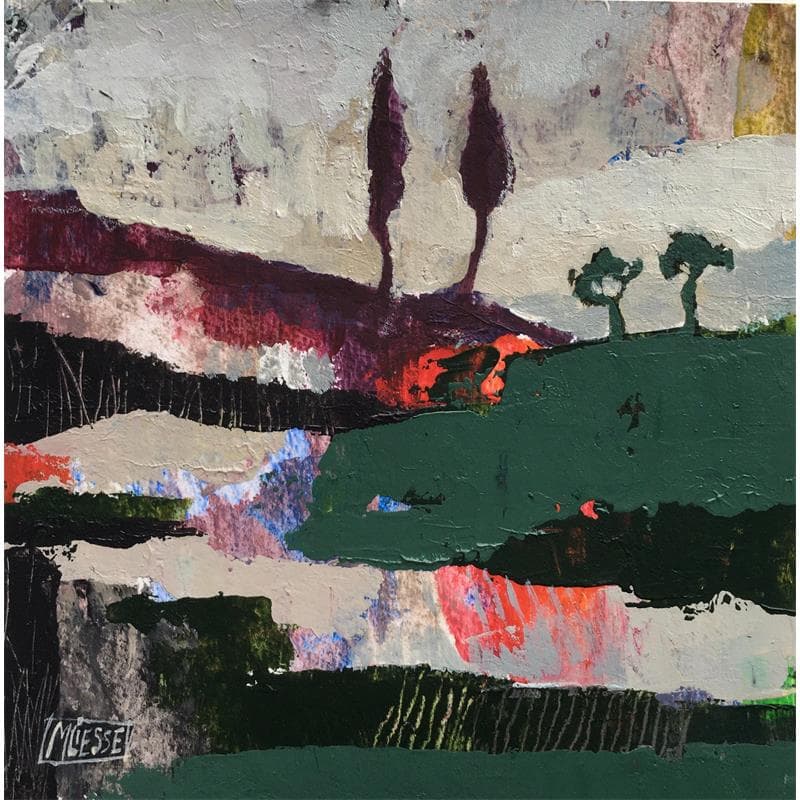

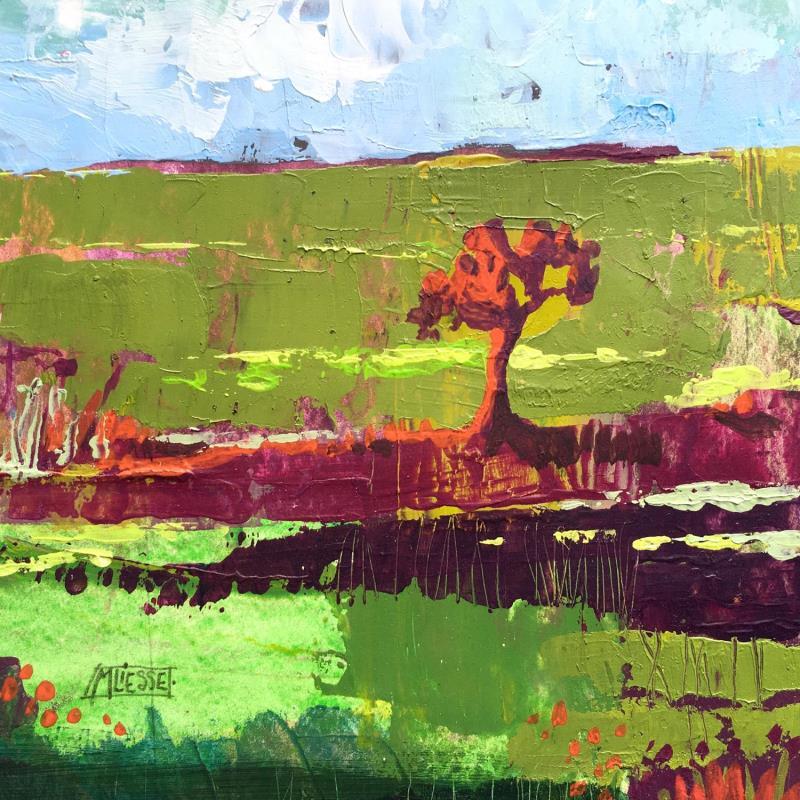
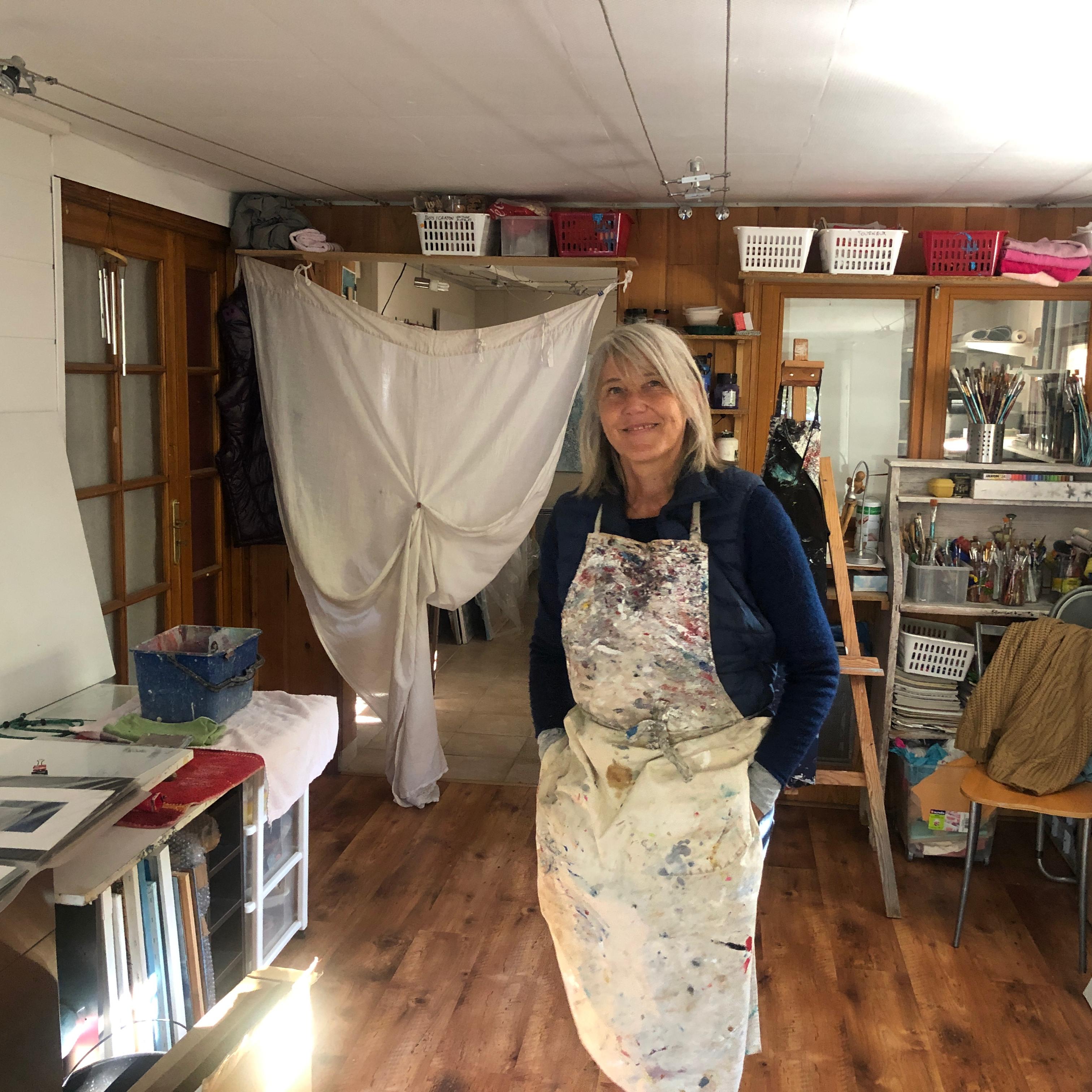
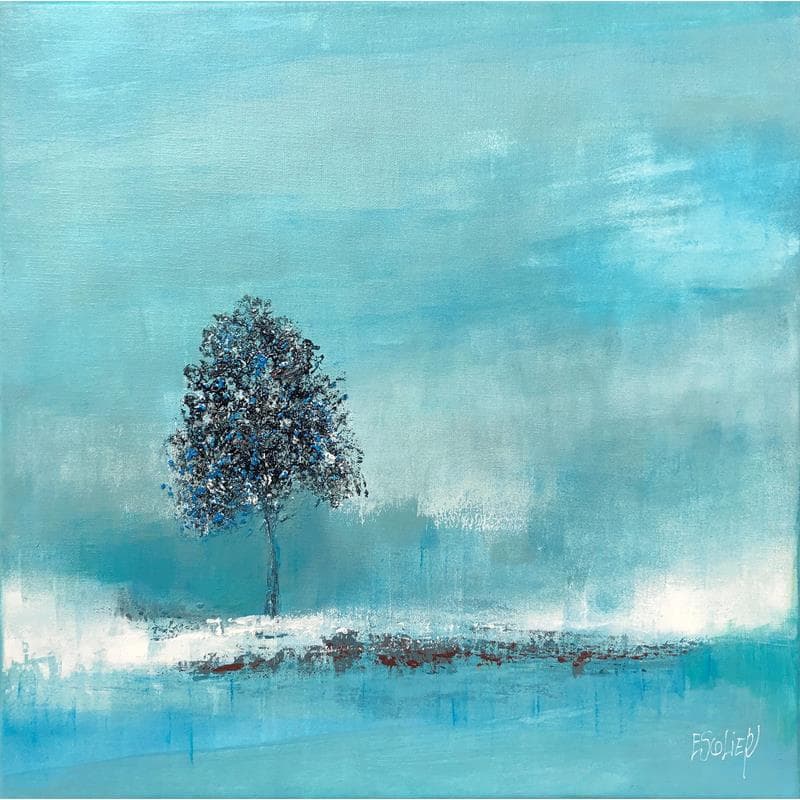
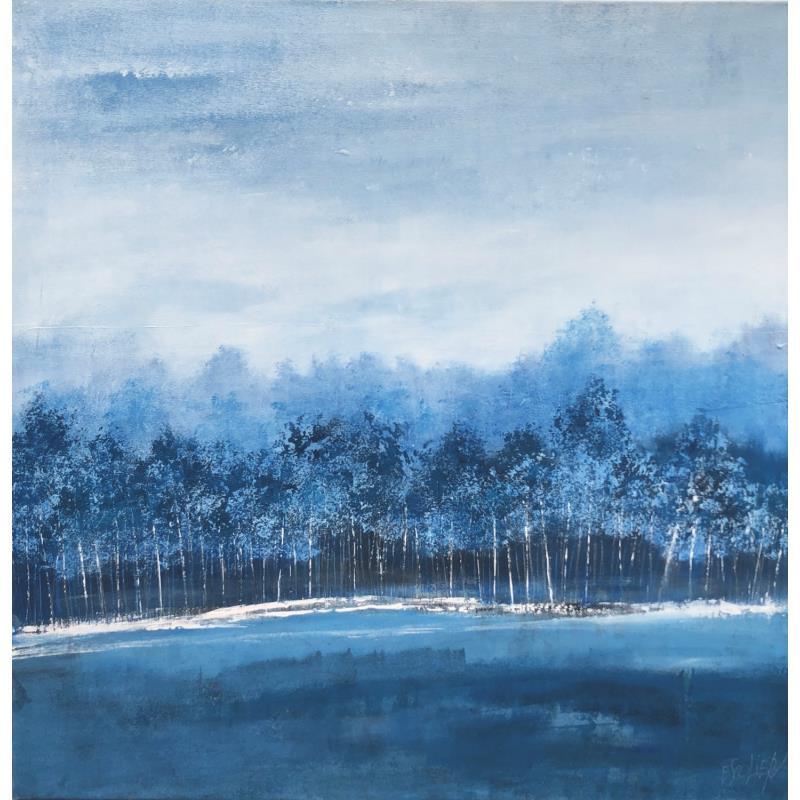
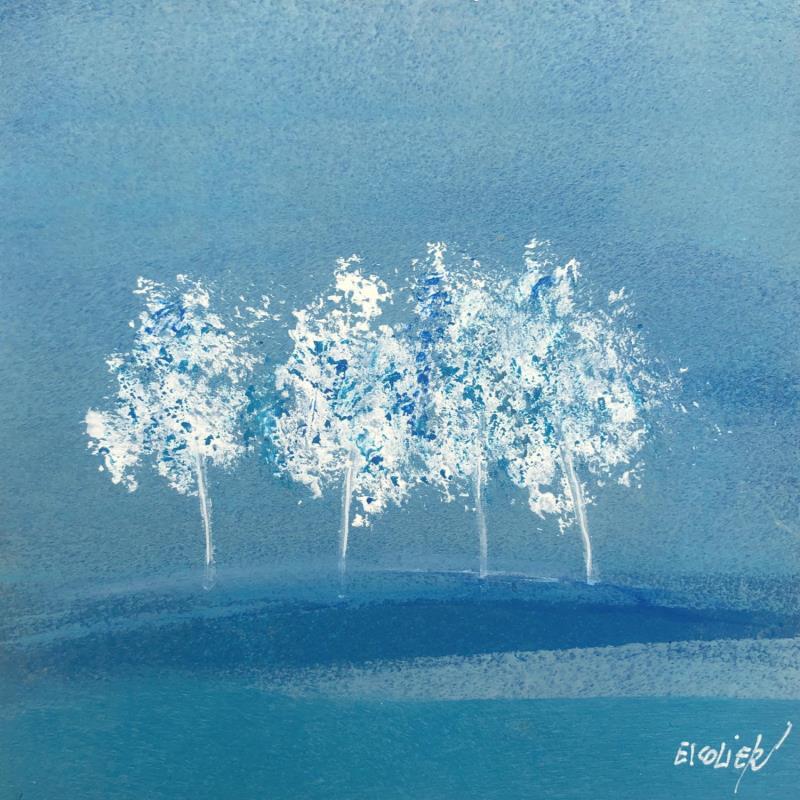
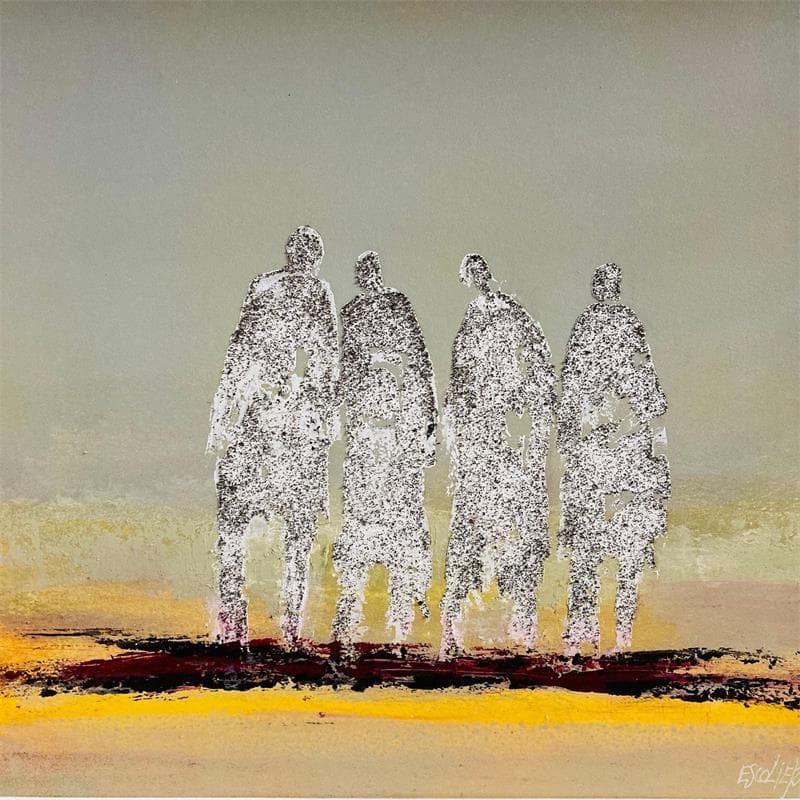

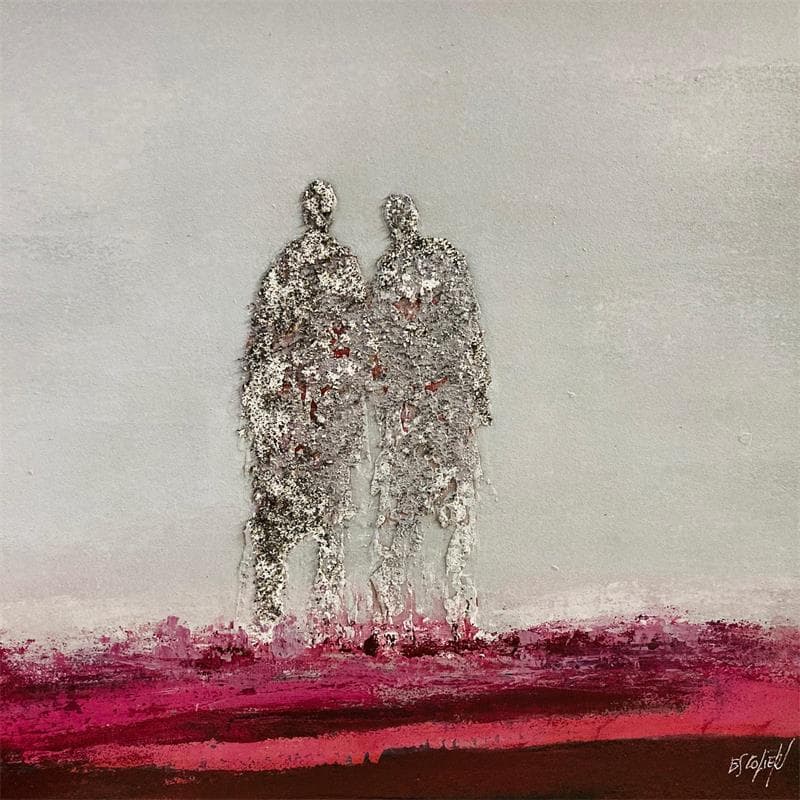

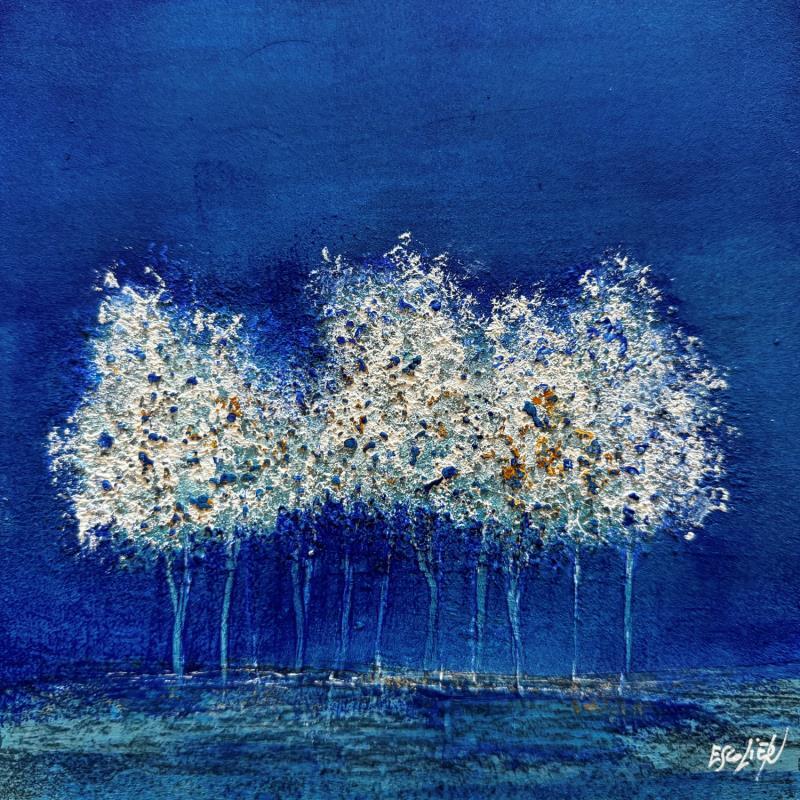
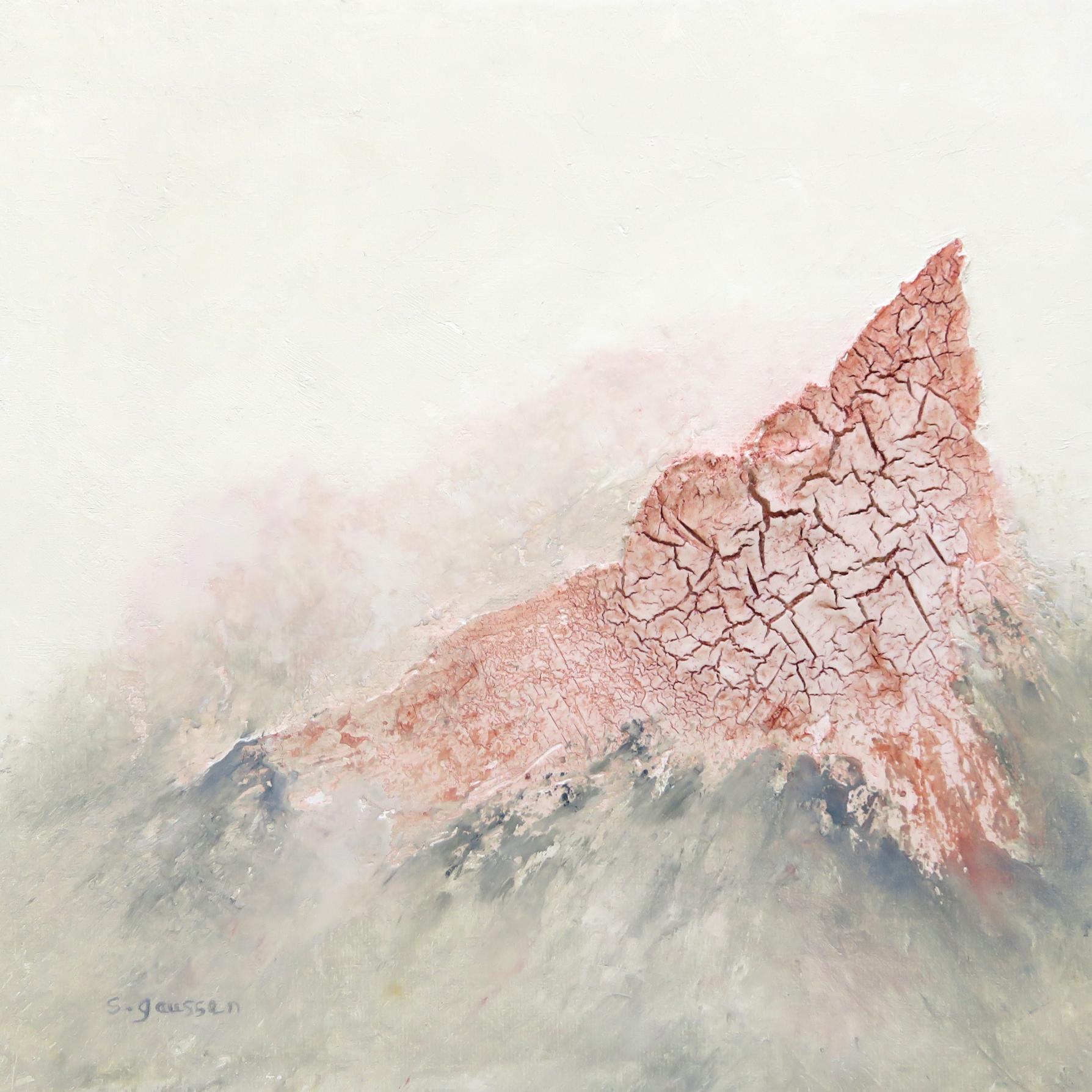
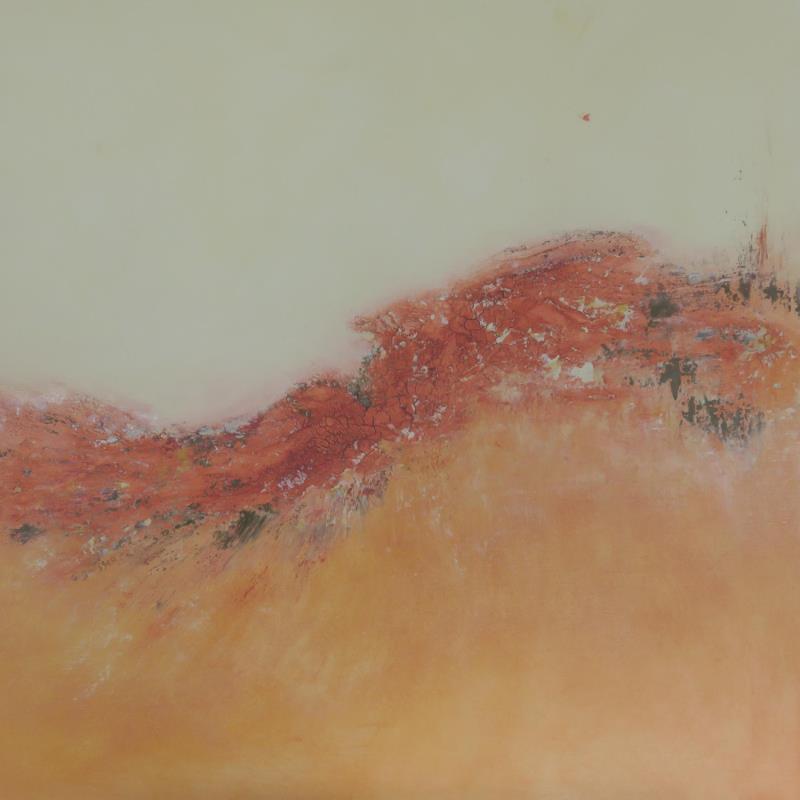





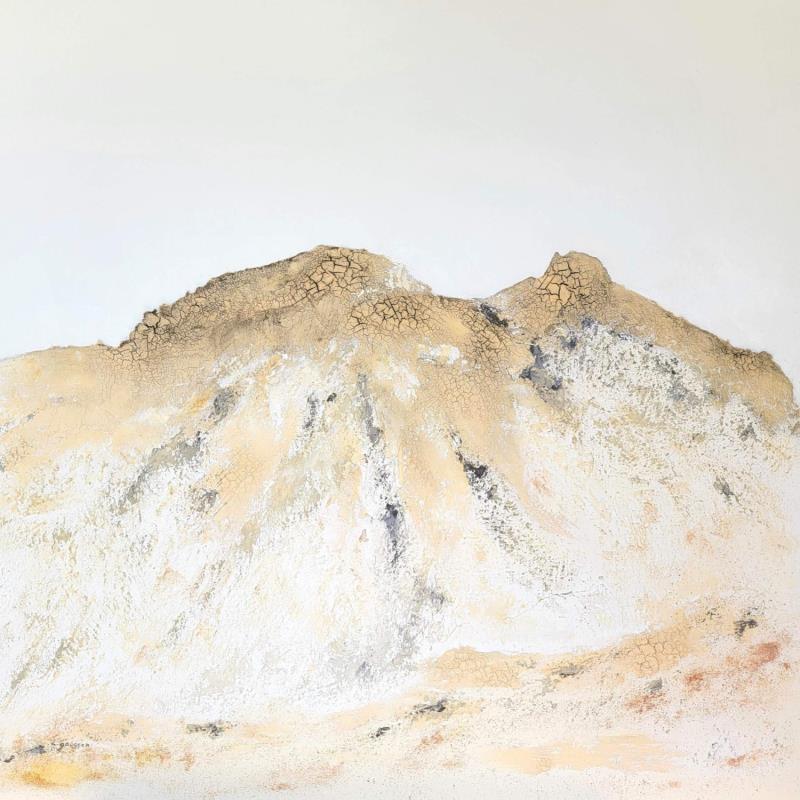


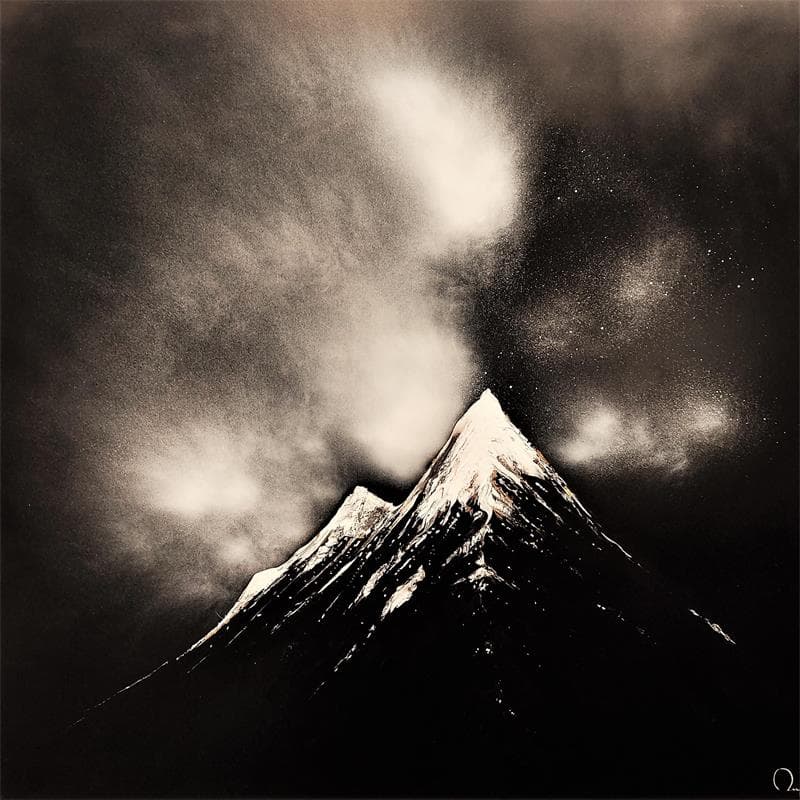
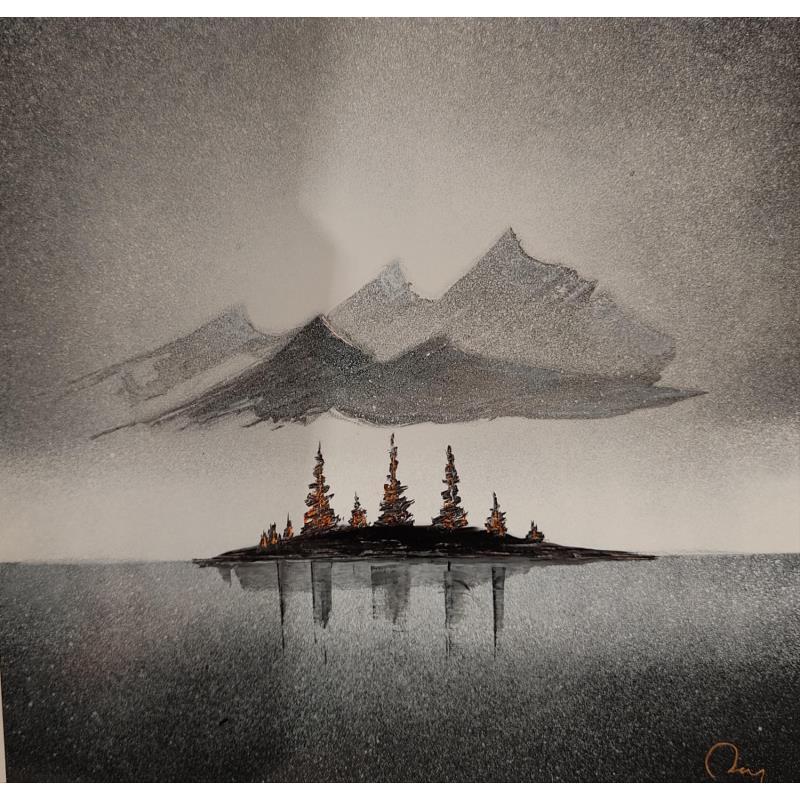
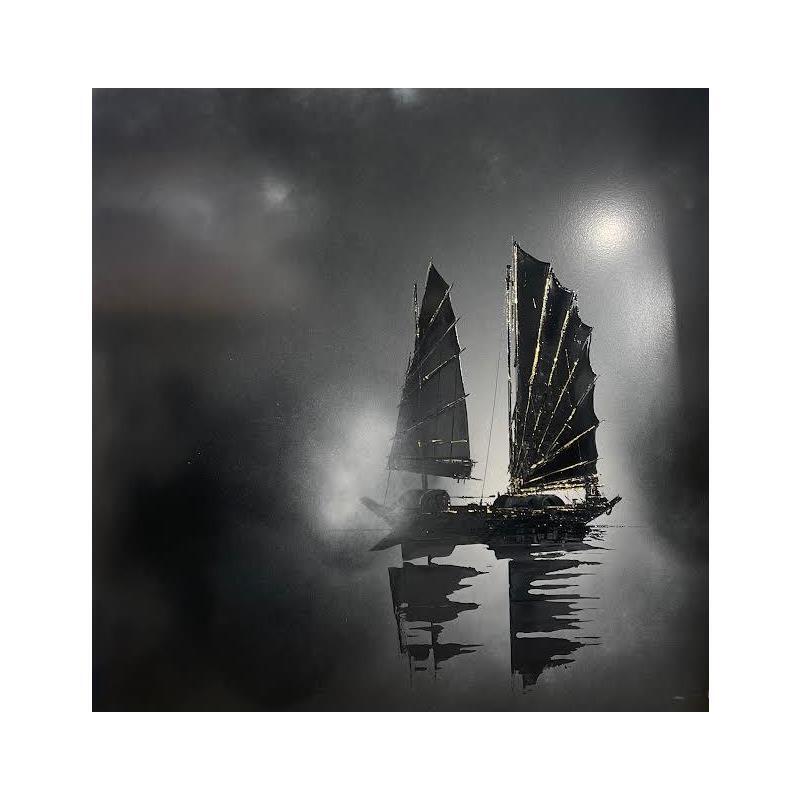

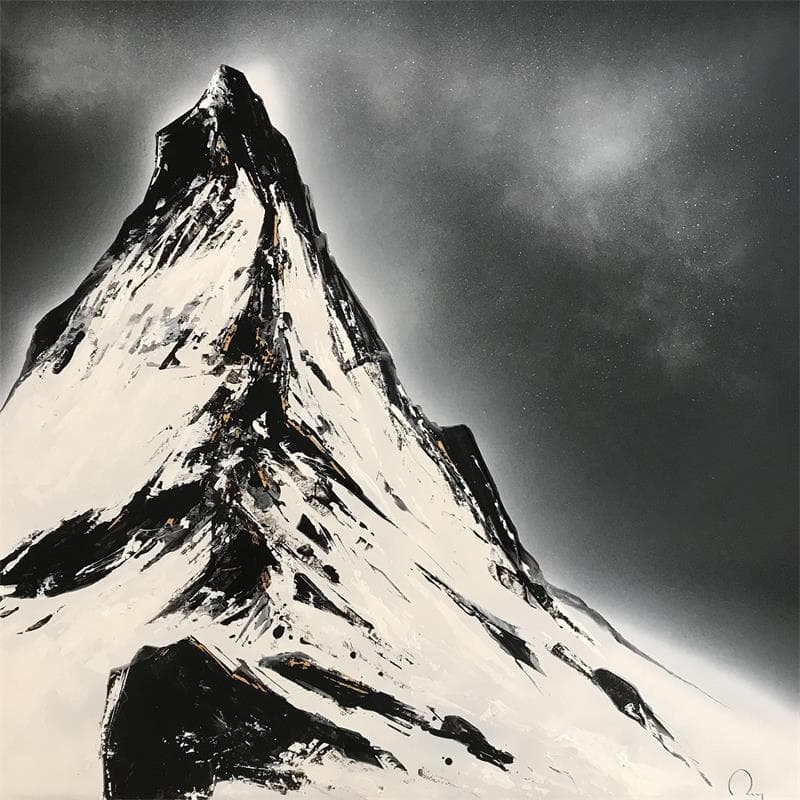

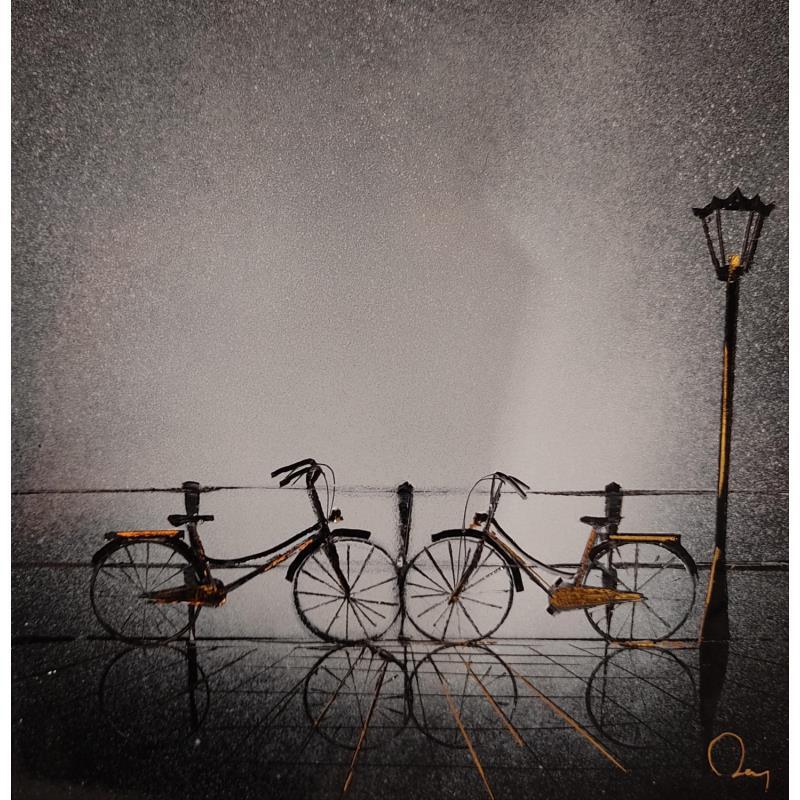
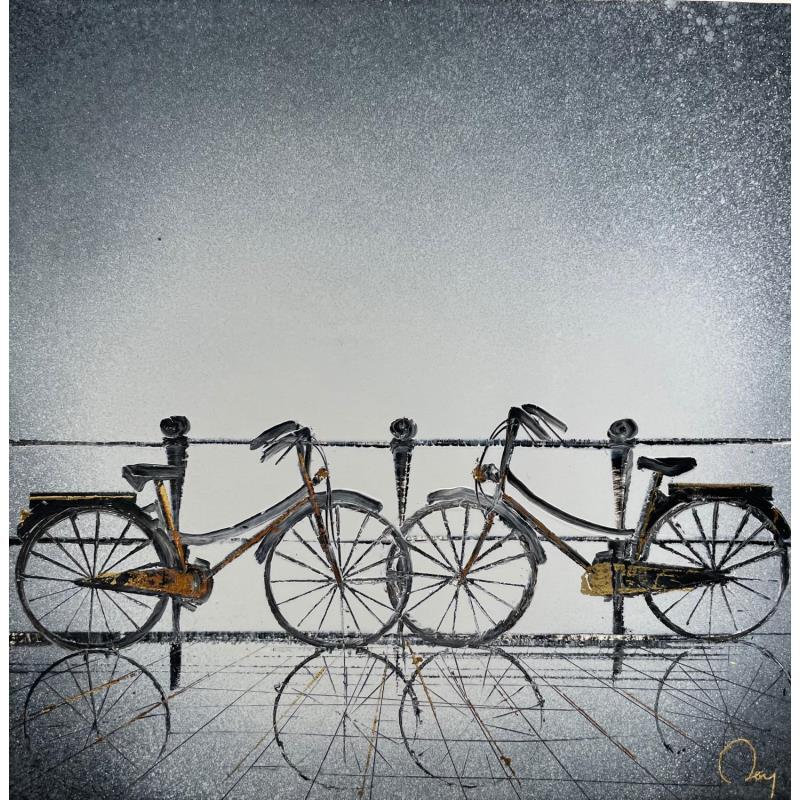
2.jpg)



